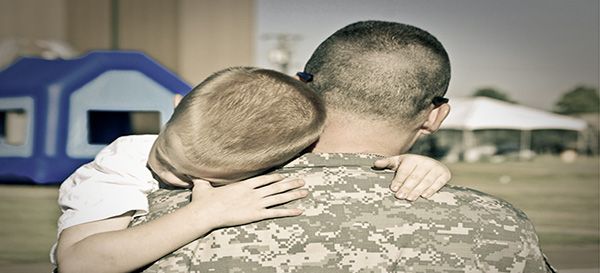If you have been moving in this direction for a while now, or if you’re just starting out, it’s important to consider how your children may feel about many of these lifestyle choices, changes, and preparations. While it may be easy to gauge your tweens and teenager’s reactions (and spirited opinions) to some of your family plans, with younger children it’s important to have frequent candid conversations to get in their head and find out what they’re thinking and feeling – without inadvertently making them feel unsafe.
It’s sometimes challenging to know where to start when having discussions with young people, so I’ve put together this list of tips for starting conversations about survival supplies, food sovereignty, prepping, and survival with your kids.
Find out what your child already knows – When a child asks you a challenging question, you might simply turn it around and ask, “What have you heard?” This allows your child the opportunity to explain in their own words what he or she understands (or misunderstands) and allows you the opportunity to learn more about what underlying concerns are prompting the question.
Answer simply – Once you understand the deeper concerns, only give answers that are age-appropriate to your child’s development. For some, one sentence may be enough. Other times, underneath a child’s question, you can sense that he or she is worried about their safety, or the safety of those they love – so be sure to offer a lot of reassurance. You can describe all the different ways the child is currently safe and say, “We have all the food and water we need to eat and drink,” or, “Our home is strong and safe.”
Ask more questions – For example, if your child brings up something about people being injured or suffering from what they saw on the news, you might say, “I feel sad those people got hurt. How do you feel about it?”
Related: How to Keep Kids Entertained When the Power Goes Out
Keep communicating – Be ready to discuss everything again – children may need to ask the same questions multiple times. It’s a sign that they are continuing to think about the issues and might need more information. Try not to overwhelm them in the first go – save some information for other discussions.
While we want our children to feel safe at home we also want to temper that with a healthy understanding of, and appreciation for, the hard realities that we may face in life – whether that be the potential death of a loved one, loss of a job, medical emergency, natural disaster, war, zombie attack, or the apocalypse (okay maybe the last two are a mild stretch of the imagination –but it’s important to prepare for as many possibilities as we can, right?)
It’s crucial that we speak on their level, using simple terms and explaining in ways that they can easily understand. It best to avoid using advanced logic and reasoning that their still-developing brain has no grasp of. It’s also important to keep in mind that humans don’t become fully “adult” until our pre-frontal cortex (the part of our brain that helps us inhibit impulses and plan and organize our behaviors to reach a goal) is fully developed – roughly around the age of 25. This means that challenging discussions on this topic are bound to come up time and again over the years. Be prepared to answer them, not if the conversations come up, but when.
You may also like:
 19 Survival Skills You Should Teach your Children
19 Survival Skills You Should Teach your Children
This Bug Will Kill Most of the Americans during the Next Crisis (Video)
How to Prepare for the Coming Food Crisis
30 Lost Ways of Survival from 1880 We Should all Learn
Pic Source: SHTF School














